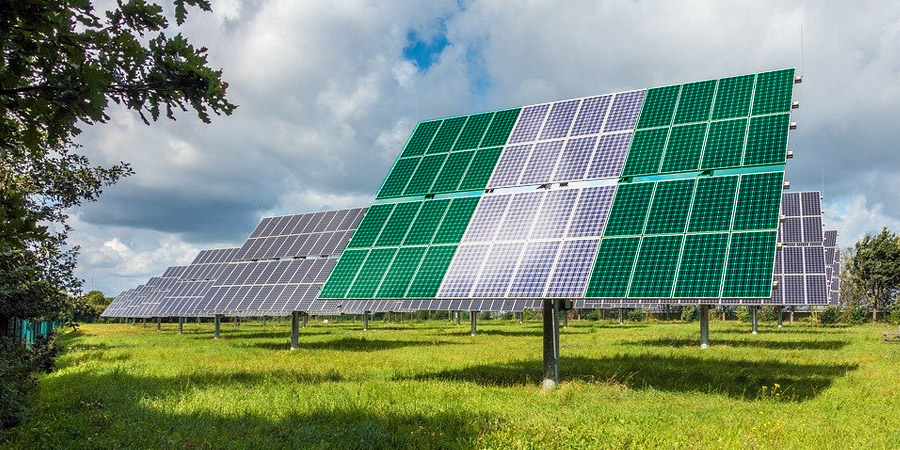AI as sustainable energy development source in Nigeria

By Ojugbele Omotunde
Like many developing countries, Nigeria is struggling with energy poverty, which is a major barrier to socioeconomic development and even though the country has abundance of renewable energy sources, especially solar energy, it still has challenges in providing its population with inexpensive and dependable electricity with lack of energy access impeding the delivery of vital services like healthcare and education and stifles economic growth.
However, there is now potential for overcoming these obstacles thanks to the development of Artificial Intelligence, AI, and advanced metering infrastructure (AMI) as it has the power to guarantee economic sustainability, transform the way energy is consumed, and direct the deployment of decentralized energy solutions.
AI and AMI are revolutionizing the energy sector by providing a comprehensive digital solution for Decentralized Renewable Energy (DRE) solutions as AI helps understand consumption patterns in communities, thereby enabling targeted and efficient deployment of appropriate solutions.
AI is vital to protecting the electricity industry earnings in addition to directing the development of sustainable energy. Smart meters with built-in AI theft detection algorithms are able to quickly identify anomalies in the patterns of energy use and these algorithms can distinguish between legal and unauthorized electricity consumption such as theft or meter tampering by evaluating real time data.
Additionally, AI enables utilities to recognize any problems before they become more serious, guaranteeing timely action and minimizing revenue losses. Growth in revenue supports Nigeria’s path to prosperity and energy independence by fostering investment and infrastructure development.
Leading the way in this regard are businesses like SteamaCo, which uses AI-powered smart metering technologies to protect income and improve energy distribution as their cutting edge. AI-theft detection and revenue management systems play a critical role in safeguarding income, maximizing the allocation of energy, and propelling Nigeria’s economic expansion.
Also, AI-driven solutions in Nigeria can create a sustainable, socially responsible, and economically empowering framework for renewable energy deployment, breaking energy poverty chains and promoting lasting prosperity by understanding consumption patterns and aligning financial capabilities.
To address Nigeria’s energy poverty, a number of AI challenges have been introduced. For example, a project by Omdena and the Nigerian NGO RA365 sought to develop machine learning algorithms to pinpoint the optimal locations for solar electricity in order to eradicate energy poverty.
The research phase and the actual deployment phase comprised the two stages of the project. During the study phase, the most feasible geographical clusters for the installation of solar panel stations in Nigeria were identified through the use of grid coverage analysis and heatmaps based on machine learning.
In order to power a rural hamlet, a mini-off-grid solar power producing substation had to be physically deployed in the second phase. This stage wasn’t without difficulties because it was difficult to secure funding for the deployment.
However, the experiment showed how AI may revolutionize Nigeria’s electrical infrastructure and it also brought together international professionals in AI, which sparked the creation of creative solutions for sustainable energy.
The experiment indepthly showed that Nigeria’s power sector can benefit from AI-driven AMI technology, promoting financial stability, energy efficiency, and economic prosperity, breaking energy poverty chains, driving economic empowerment, and paving the way for a sustainable future.
